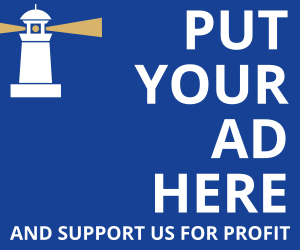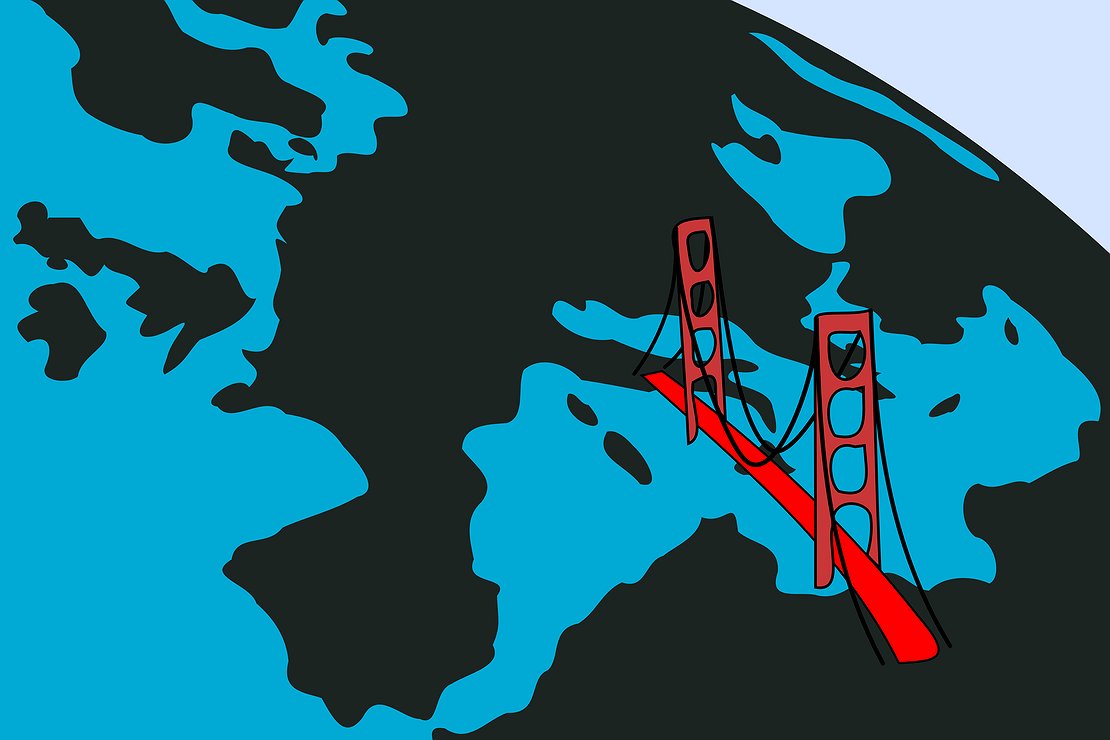
Down’s Syndrome:Hannah from Pinneberg
On ‘social networks’ people are ‘moved’ by the case of 14-year-old Hannah from Pinneberg near Hamburg. Hannah is a student with Down’s syndrome, and she doesn’t like the term ‘pass for the severely disabled’ (‘Schwerbehindertenausweis’), which is why she made herself a ‘pass for the severely OK’ (‘Schwer-in-Ordnung-Ausweis’). A boy with the same condition found her idea great and applied for such a pass at the Hamburg public health office. It appears that the authorities want to issue the document.
Down's syndrome (or trisomy 21) is caused by a genome mutation. People with Down's syndrome have limited cognitive abilities and are considered mentally disabled. In the past, they were called ‘mongos’ half disparaging, half compassionate, which was the abbreviation of the official term ‘mongoloid.’ He or she is ‘mongoloid’ was the common phrase which, due to the typical shape of the eyes and face, was clear to everyone, but is nowadays avoided out of tactful consideration for the equestrian and steppe people.
In my youth, ‘mongos’ were a normal sight. On my way to vocational school, there were always a few of them sitting on the bus – the special school was in the immediate vicinity of the socialist elite school for construction workers I attended (when growing up in East Germany). I especially remember someone who always sat on the seat behind the driver, steering the bus with his imaginary steering wheel and nonchalantly greeting the oncoming bus drivers. The ‘downies’ (today’s informal term) are not really ‘down’ – on the contrary, they are almost always in a good mood. Nor does the term have anything to do with dejection, but derives from the name of the physician who first described the syndrome. It’s one of the curiosities of the human condition that a low IQ is usually associated with a higher life satisfaction, which seems to be consistent in that, in the midst of the ocean of problems in which our species tries to swim, intelligent people can (or must be able to) identify a few more imminent dangers than less intelligent ones. This may also be one of the reasons why, despite the miserable conditions in developing countries, in surveys overall satisfaction is regularly rated higher than in so-called industrialised countries.
People with Down's syndrome used to be, as I said before, part of the normal cityscape, but today they are rare, and soon they will probably cease to exist in the western world. This is ensured by prenatal diagnostics. Trisomy 21 is a common reason for abortion. On social networks this is not an issue (and I admit openly and honestly that I would not have had a child with this disability). Only in Christian environments, where abortion, no matter at what ‘stage,’ is considered a mortal sin, are such children born or adopted. These environments are said to be reactionary and worth challenging. Demonstrations by ‘life guardians’ reliably evoke the most distasteful counter protests. All the more is the Internet community touched when some survivors of the common practice are issued ‘passes for the severely OK.’
What a bizarrely mendacious world. And in the midst of it all: Hannah, 14, a representative of a dying species.
Translated from eigentümlich frei, where the original article was published on 19th November 2017.




